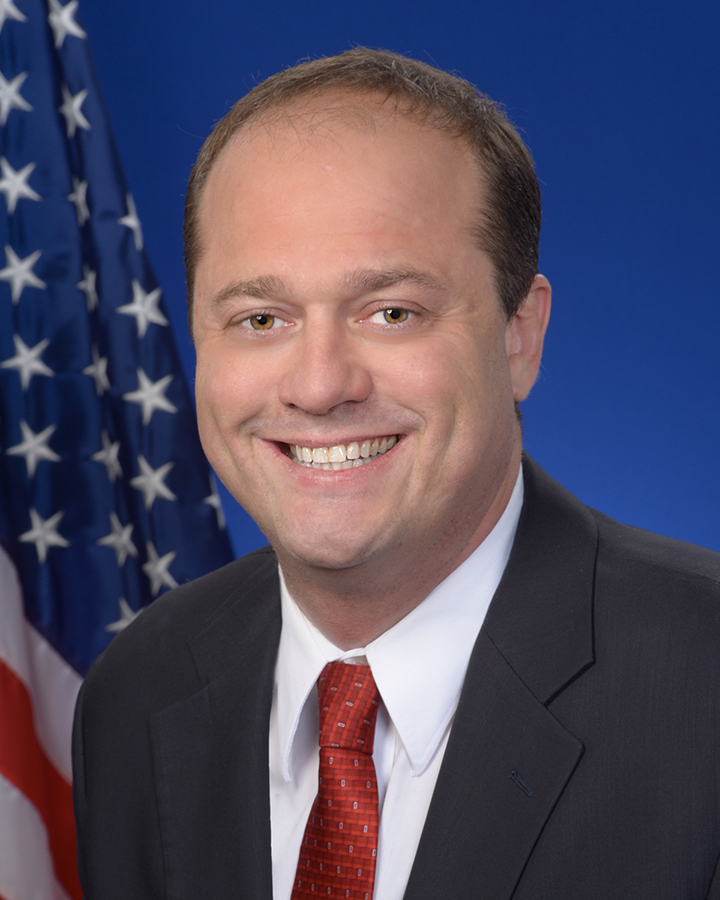Submitted letter by Fred Glynn, County Councilman, Hamilton County Council District 1

It looks like the purpose of Indiana House bill 1001 is to spend money and raise taxes. House bill 1001 “the House Republican road plan” raises taxes on gasoline, cigarettes, wheels, and vehicles. They are also trying to make it easier for local governments to raise taxes. Right now for a wheel tax to be enacted in Hamilton County it would have to be approved by the County Council and the County Council alone. To make it easier to enact this tax they appear to be letting the tax get enacted by a COIT council or municipal governments. With these types of resolutions the language says that it is up to the “fiscal body” of the county to decide on these taxes. Most legal professionals have defined the county fiscal body as the County Council. Politicians who want these taxes are pushing to have the fiscal body defined to include the COIT council. In the House bill, they are also giving the option to add a local option income tax. This is a tax that is supposed to be used exclusively to fund public safety. For those of you that wanted to be frugal and a good steward of the environment by driving an electric car there is something in here for you as well. “Requires a person who registers an electric vehicle to pay a supplemental registration fee of $100.”
The COIT or county option income tax council is something that gives each fiscal body in a county a percentage of the overall vote. For example; if Carmel approved the tax that would be 23.2 percent of the overall vote, Fishers 14.4 percent, County 28.1 percent, etc. The numbers are based off of their distribution share of COIT. After each fiscal body votes if they have 50.1 percent the tax would be enacted county-wide. To some this gives every fiscal body a chance to have a say but to the voters this is convoluted and makes it hard to hold elected officials accountable. The elected officials in Hamilton County who want more taxes are in favor of the COIT councils since it gives them more direct control and it circumvents the true fiscal body for the county, the County Council. This is the same methodology that is being used by those who want to pass a county wide income tax for mass transit.
When you consider every tax and fee being considered it seems that no tax is off the table. Governor Mitch Daniels enacted a 1 percent property tax cap on residential property to protect taxpayers and to restrain spendthrift politicians going into the future. Now that he is gone these same spendthrift politicians are trying to come up with every tax and fee that they can to get around these caps. Does this sound like an agenda in the best interest of taxpayers?

In the interest of fiscal responsibility and transparency the wheel tax should stay under the control of the County Council. It should also be defined once and for all that the “fiscal body” of the county is the County Council. This is what voters believe is the case when the go and vote for “county” representatives. Given the fact that Indiana has a large surplus Republicans in the statehouse should consider ways to fund roads without raising taxes. This is what Governor Pence is proposing and we should give it a chance.



